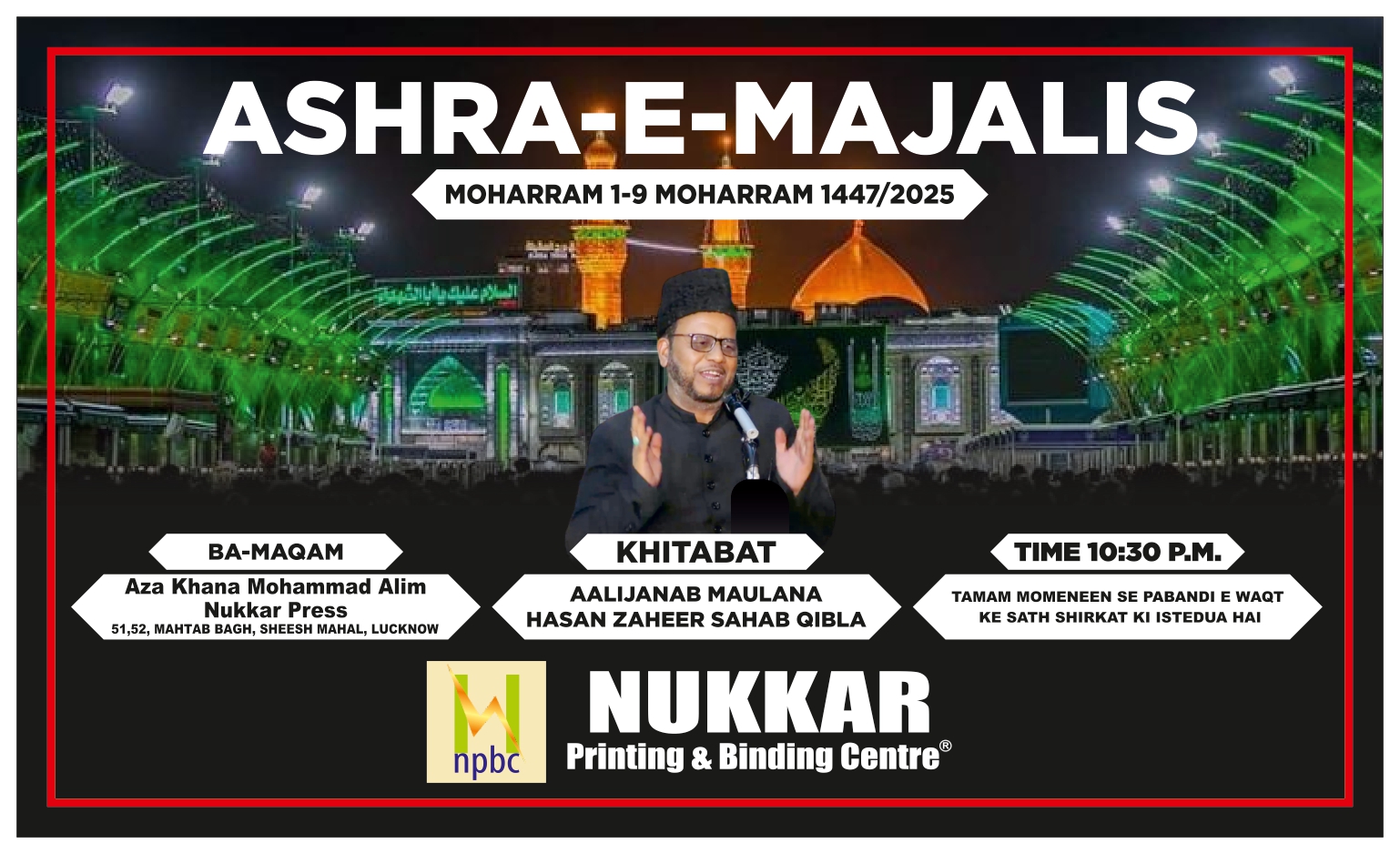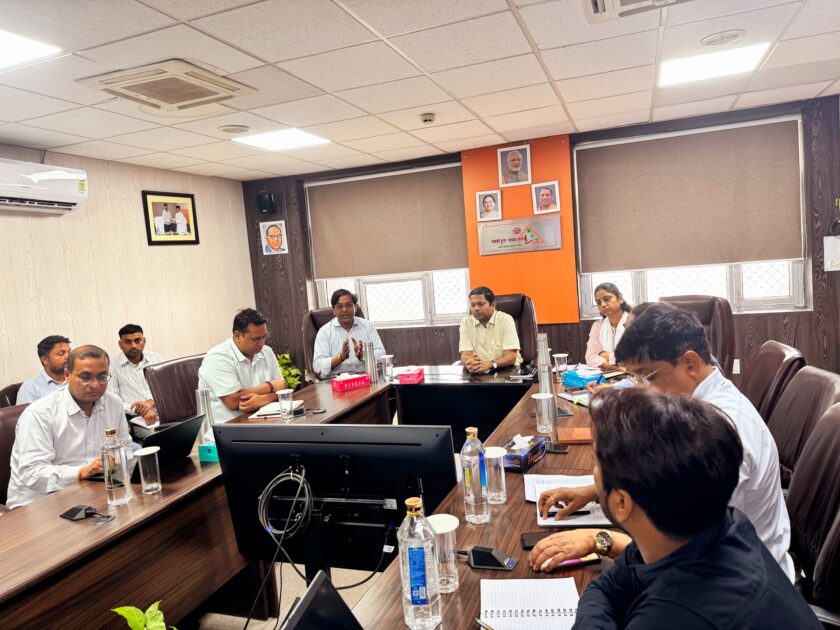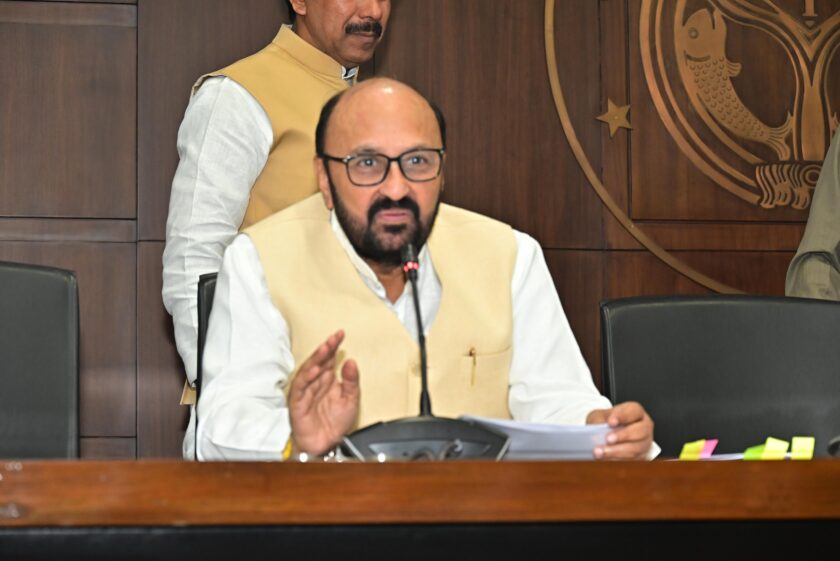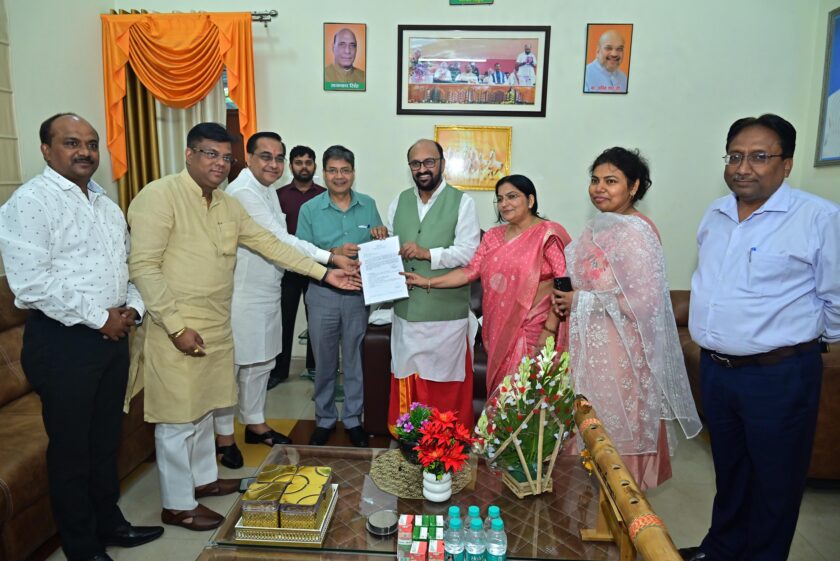Kolkata : The West Bengal government has told the Supreme Court that it is conducting a fresh assessment of caste-based backwardness to identify Other Backward Classes (OBCs) in the state. The move comes after the Calcutta High Court in May 2024 invalidated the OBC status of 77 communities—primarily Muslims—citing procedural lapses and religious bias in their inclusion. The controversy has now reignited a political storm, with the opposition Bharatiya Janata Party (BJP) accusing the Mamata Banerjee-led government of “minority appeasement” ahead of the 2026 assembly elections.
Supreme Court Grants Time for Review
During a hearing on Tuesday, a Supreme Court bench comprising Justice B.R. Gavai and Justice Augustine George Masih heard submissions from Senior Advocate Kapil Sibal, representing the West Bengal government. Sibal informed the court that the West Bengal Commission for Backward Classes is reevaluating the caste-wise social and economic data to determine legitimate backwardness.
He requested the court to postpone further hearings for three months, assuring that the review process would conclude within that timeframe. The court accepted the plea and deferred the matter to July 2025, instructing the state to submit the findings from the reassessment during the next hearing. The bench emphasized that any conclusions from the commission’s fresh evaluation would be taken into consideration without prejudice to the rights of any affected parties.
Calcutta High Court’s Landmark Ruling
The matter gained prominence after the Calcutta High Court’s verdict on May 22, 2024, which struck down the OBC status granted to several communities since 2010. The court found that the inclusion of these communities was done without adequate data or legal consultations and was heavily influenced by religious factors, violating the secular fabric of the Constitution.
The bench observed that the state had “acted unconstitutionally” by offering reservations based on religion, calling it an affront to the Muslim community as a whole. The judgment, however, protected the status of individuals who had already availed themselves of OBC benefits or were employed in government services, ensuring that their positions would not be affected retroactively.
BJP Targets State Government for ‘Appeasement Politics’
The verdict has further intensified political tension in West Bengal, where the BJP has seized the opportunity to accuse the Trinamool Congress (TMC) government of manipulating caste surveys for electoral gains. BJP leaders alleged that the ongoing caste survey is tailored to favor Muslim OBCs at the expense of Hindu OBCs.
BJP General Secretary Jagannath Chatterjee criticized the survey, labeling it a “politically motivated exercise” aimed at economic profiling of the Muslim community to channel government benefits selectively. He alleged that survey questions were designed to sow division among communities, citing inquiries into water access and food-sharing practices among neighbors as deliberate attempts to stoke communal tensions.
“The TMC government’s actions are aimed at polarization under the guise of social justice. This is not governance—it’s vote bank politics,” Chatterjee said while speaking to the media.

Supreme Court Seeks Evidence of Backwardness
Earlier, the Supreme Court had asked the West Bengal government to provide concrete socio-economic data justifying the inclusion of new communities under the OBC category. The court also questioned whether proper legal advice had been sought before granting OBC status to these communities.
Legal experts believe that the court’s demand for rigorous data and transparent processes will set a precedent for all states engaged in caste-based reservations, particularly at a time when the topic is gaining nationwide political momentum.
Political Implications Ahead of 2026 Polls
With assembly elections approaching in 2026, the OBC reservation issue is expected to play a pivotal role in West Bengal’s political narrative. The TMC maintains that its intent is to ensure justice and upliftment for all socially and economically backward communities, irrespective of religion.
A senior official from the West Bengal Commission for Backward Classes stated, “Our aim is to establish a data-driven, constitutionally valid framework for reservations. No community will be favored or sidelined.”
Observers suggest that the outcome of the Supreme Court’s hearing in July and the subsequent report from the Backward Classes Commission could have far-reaching consequences—not just for West Bengal’s reservation policies but also for the broader national discourse on caste-based affirmative action.
As the legal and political battles unfold, all eyes remain on how the Mamata Banerjee government navigates this high-stakes issue amid growing scrutiny and opposition backlash.






